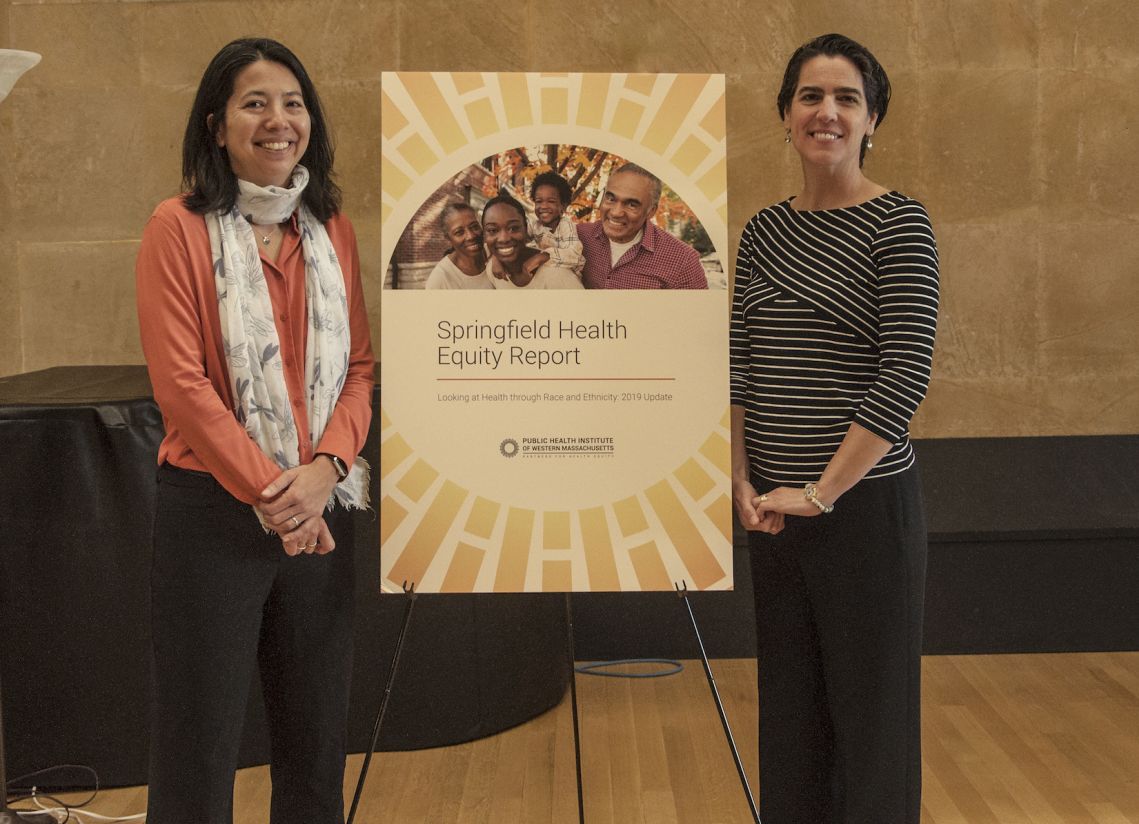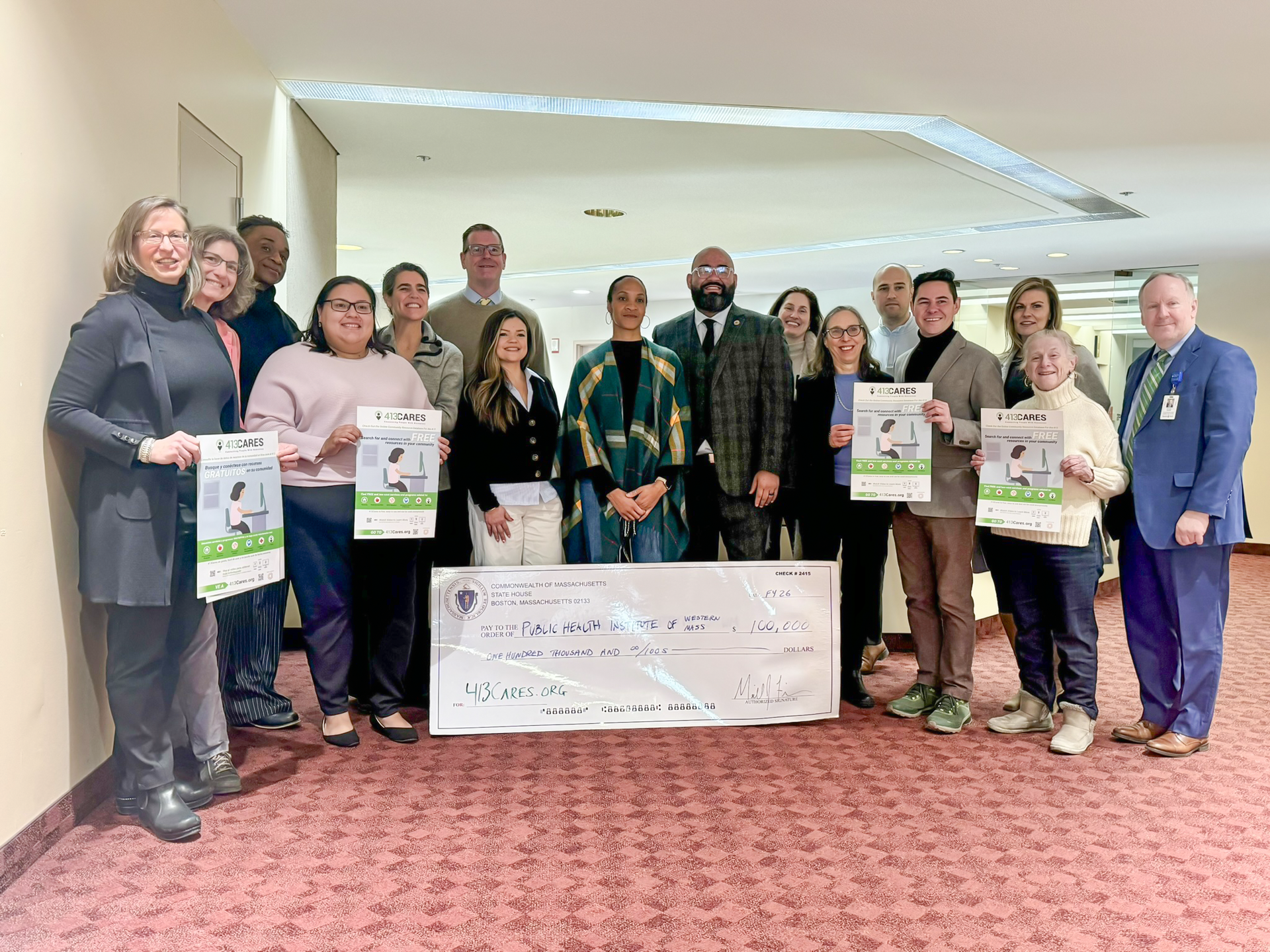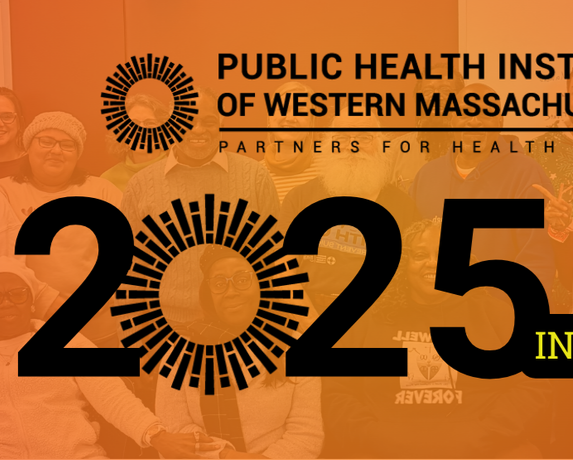2019 Springfield Health Equity Report

Focus Springfield Community TV's video of health equity report release.
For Immediate Release
Contact: Jessica Collins, Executive Director
Public Health Institute of Western MA
(413) 794-7739; JCollins@PublicHealthWM.org
Springfield Health Equity Report:
Looking at Health Through Race and Ethnicity
Resources and Economic Opportunities Needed to Achieve Equity/Improve Health
Springfield— The Public Health Institute of Western Massachusetts (PHIWM) 2019 Springfield Health Equity Report: Looking at Health through Race and Ethnicity, shows that Black and Latino/a populations still lag behind their White counterparts when considering health outcomes, such as premature mortality, maternal and child health and chronic disease.
The Report comes five years since PHIWM’s initial Springfield Health Equity Report in 2014 and highlights health inequities from a racial and ethnic perspective. The data examines social and economic factors that impact health among communities of color in Springfield and the resulting inequities.
Some of the findings from the report:
- Springfield continues to have one of the highest premature mortality rates in Massachusetts, 56% greater than that of Massachusetts as a whole; the lowest life expectancy of 70.3 years was found in an area of Springfield’s Metro Center neighborhood.
- Black women experience the highest rates of preterm birth (12.6%), and Black and Latino/a women both experience higher rates of low birth weight (Black – 12.9%; Latino/a – 9.5%) than White women (preterm birth – 9.5%; low birth weight – 7.6%).
- Despite significant gains in recent years to lower the teen birth rate in Springfield, which has declined by 69% between 2006 and 2016, Springfield continues to have a teen birth rate that is nearly three times higher than Massachusetts as a whole; Latino/a teens continued to have the highest teen birth rate in Springfield, at rates almost 6 times that of White teens.
- Latino/a resident visited the emergency room for asthma-related complications at a rate nearly five times that of White Springfield residents, while Black residents had rates double that of White residents. Children ages 0-14 also experienced these inequities with the highest rates among Latino/a children with rates double those of White children.
- People of color in Springfield were at disproportionate risk of being admitted to the hospital for cardiovascular disease. Latino/a residents were admitted at a rate 70% greater than that of White residents, while Black Springfield residents were admitted at a rate 40% greater than that of White residents.
- Springfield residents experienced rates double those of the State for morbidity from diabetes. Latino/a and Black Springfield residents were hospitalized for diabetes at a rate more than twice that of White Springfield residents
Health equity means that all people have the opportunity to reach their highest level of health possible. Where individuals live, work, go to school and play substantially impact the ability to be healthy.
The report’s April release comes during Public Health Month, celebrated by the City of Springfield’s Health and Human Services Department for over twenty years.
The Public Health Institute of Western Massachusetts was formed a little over 20 years ago with the goal of building measurably healthier communities using data and its convening power to create collaborative partnerships.
share this
Related Articles




